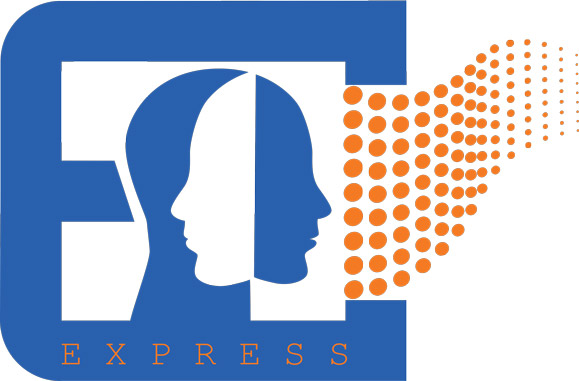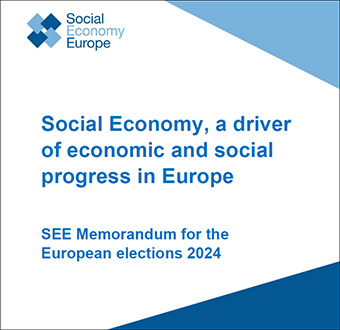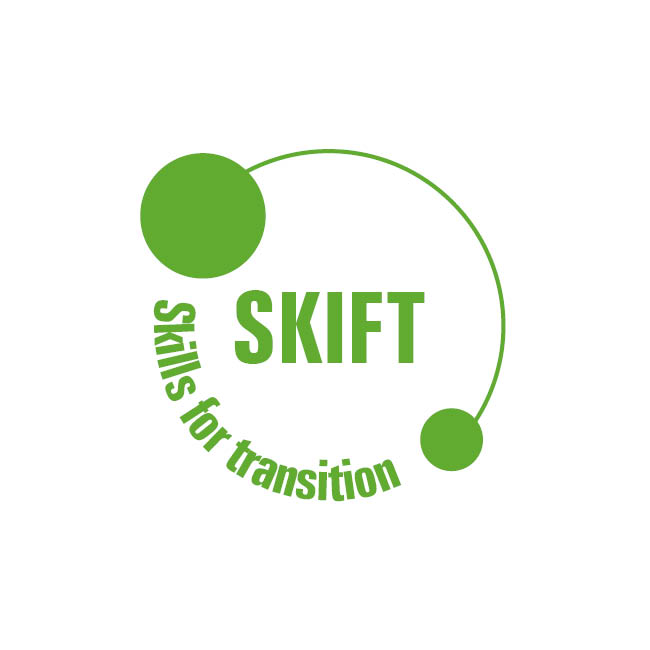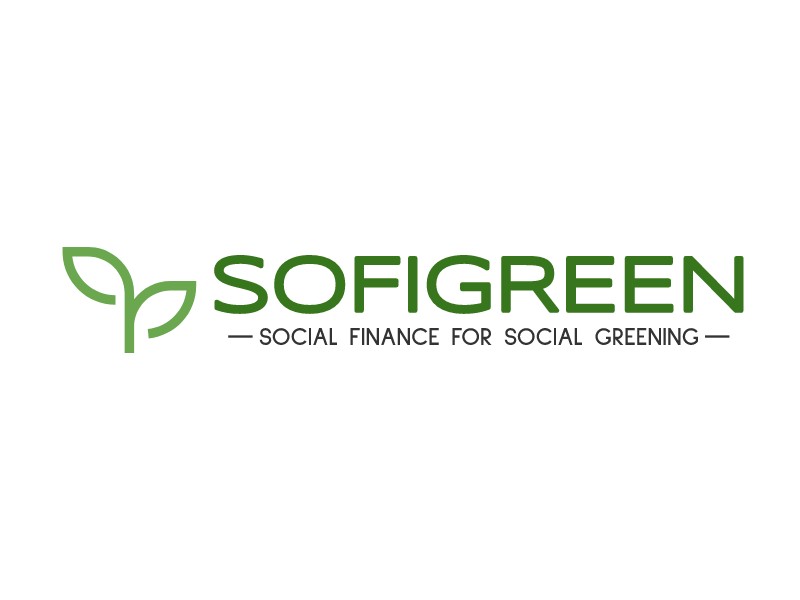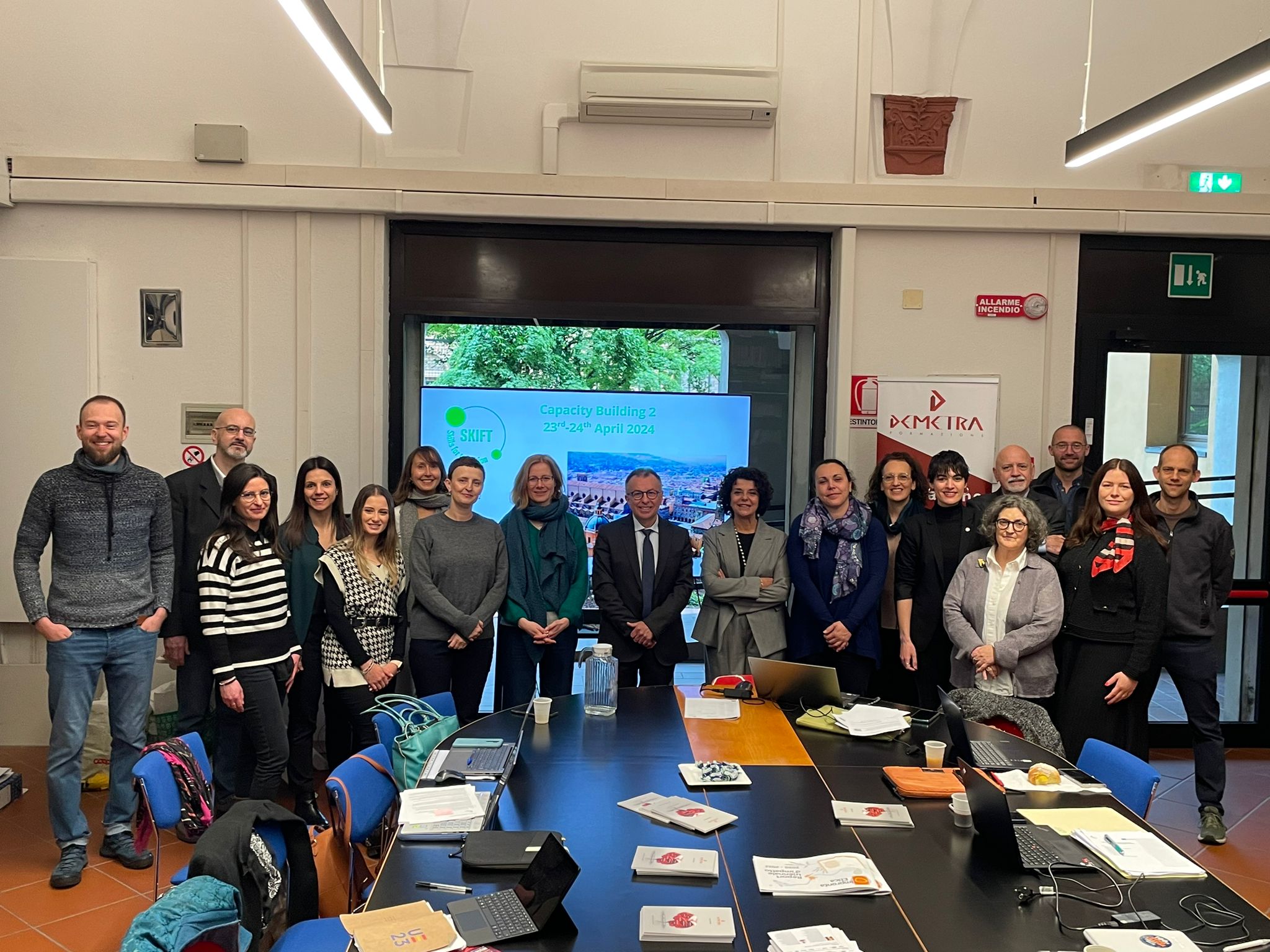Express – Exchange of Practices for Refugees and migrants’ Self-entrepreneurship is an Erasmus+ project (Young and Active) that started in September 2019 and had been prolonged to 31 October 2021.
The Express project had as general objective to empower young migrants and refugees by creating and/or strengthening – where existing – supporting services for the development of self-enterprises.
Project objectives:
- allowing partners’ organizations to develop and reinforce networks, increase their capacity to operate at transnational level, share and confront ideas, practices and methods and structure an EXPRESS network between different type of organizations that are dealing or willing to approach work integration of young migrants/refugees through self-entrepreneurship;
- collecting all practices shared among partners and covering the entire value chain for self- entrepreneurship schemes across Europe, that can be divided as follows: a) competence assessment of young migrants/refugees; b) training on self-entrepreneurship; c) mentoring scheme; d) informative campaign; e) networking activities; f) support to access financing/social financing.
- Spreading knowledge and sharing project results to raise awareness and start-up a dedicated network (community of practices).
EXPRESS Europe is an initiative promoting exchange of best practices allowing for the integration of young migrants through (self-)entrepreneurship.
During a webinar (LTTA) organized on 8 and 9 September 2021 by REVES aisbl EXPRESS partners and their local networks (local authorities, social economy, entrepreneurship support organisations, civil society and academics from 6 EU Member States) deepened their exchange on key elements for successful support services dedicated to migrants/refugees willing to become entrepreneurs.
In this framework participants were given the possibility to:
- learn and discuss more in depth about local/national and European practices;
- take a specific insight into practices from Belgium;
- receive inputs from EU-level experts;
- encounter EU policy-makers to better situate their own actions at local level in a European policy perspective;
- jointly work on and define a model facilitating the creation and/or strengthening of local networks of actors supporting the integration of migrants/refugees through (self-)entrepreneurship.
Giuseppe Guerini, President of CECOP-CICOPA and rapporteur of the European Economic and Social Committee on “Social Economy Enterprises as a driver for migrant integration” opened the seminar with a keynote contribution. He highlighted the important contribution, in Europe, of social economy and civil society in promoting the integration of persons with a migration background. Referring in particular to the current crisis in Afghanistan Guerini urged EU policy-makers and national governments to overcome often contradictory behaviour, find common European approaches, develop a true welcoming culture and therewith the humanitarian face of the European Union.
Virtual study visits took participants to:
- the association Le Monde des Possibles in Liège which launched and accompanies, amongst others, Univerbal, a unique project developing collective entrepreneurship of migrants in the field of social interpretation;
- Microstart, a cooperative offering support to (migrant) entrepreneurs not only through specific financial instruments, but also tailored coaching and mentoring, including through profiles such as that of a Community Officer.
In breakout sessions on both days participants had the occasion to deepen discussions on policies, instruments and methods to support migrant entrepreneurship. Starting with the presentation of a good practice case identified by EXPRESS partners, they discussed opportunities and challenges linked to key themes such as competence assessment, self-entrepreneurship, mentoring, information/awareness-raising, networking and support to financing. Best practice examples presented included the competence assessment practices of Demetra Formazione (IT), the French ACME programme developed by Grdr Migration-Citizenship-Development, Hotel Giardino created by K-Pax Cooperative (IT), the Berlin Newcomer StartUp Award (DE) presented by SINGA, the Investor Pitch Event organised by Forward Incubator (NL) or the micro-credit organization Mikrofonden (SE).
Ursula Hoenich, European Commission, Directorate-General for Migration and Home Affairs, provided participants with more detailed information on current EU integration policies, in particular with regard to the European Action Plan on Integration and Inclusion 2021-2027, related funding measures and results of ongoing/past projects on migrant entrepreneurship supported in the framework of programmes such as AMIF.
A final work session at the end of the seminar gave participants the opportunity to reflect on strengths and weaknesses of their own local eco-systems and networks, possibilities to improve existing cooperation as well as on related capacity-building needs and initiatives in the framework also of transnational exchange.
The full report of the event will be published shortly on the EXPRESS website: http://expresseurope.eu/

Project Information
FUNDED BY:
With the support of the Erasmus+ Programme of the European Union
Date:
2019
 Docs
Docs  Support
Support 

